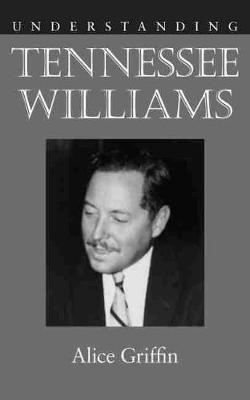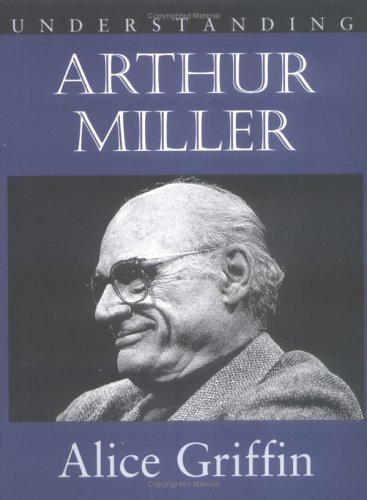Understanding Contemporary American Literature
2 total works
Griffin analyzes the language, characters, dramatic effects, and staging of these classic plays, and she calls attention to Williams's unique gift for creating dialogue as lyrical poetry yet as authentic as everyday conversation. She reveals the importance of symbolism in his work, uncovers his often overlooked humor, and explains his insistence on "plastic" presentations. Griffin also chronicles the resistance that Williams met when he tried to bring his revolutionary staging ideas to the commercial theater.
Griffin viewed the plays as originally staged and discussed them with the playwright, the directors, and the actors. From her association with these initial productions, Griffin shares her knowledge of Williams's frustration with the presentation of his work. She remedies what she considers to be misguided interpretations of those early productions by measuring the original stage productions against Williams's stated aims.

